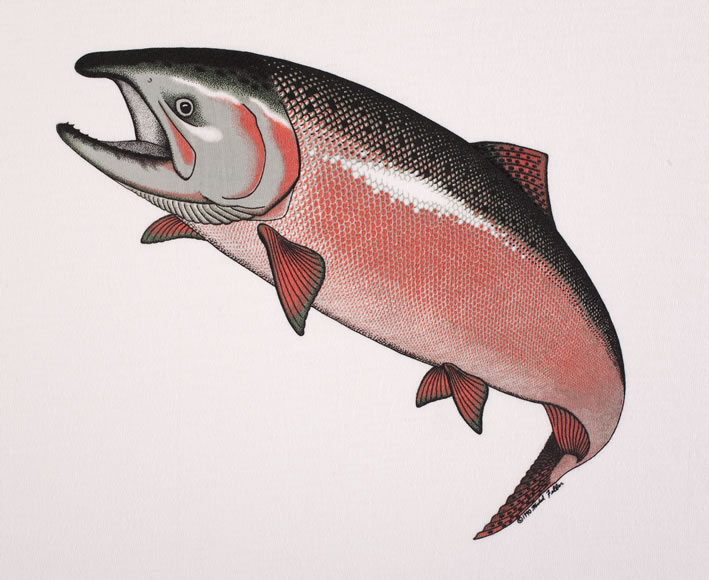World's Largest Marine Reserve Created
Some of the most pristine ocean ecosystems can be found thousands of miles into the Pacific Ocean. These remote island paradises, which have mostly escaped the effects of overfishing and pollution, are collectively known as the Pacific Remote Islands Marine Monument. The area serves as a habitat to an array of critically endangered species and includes several key hotspots brimming with biodiversity. Former president George W. Bush, in a move right before he left office, used his legal authority to establish a 50-mile radius of protection for this region. Now President Obama is extending the area under protection to a 200-mile radius. This executive action creates the largest protected marine reserve in the world. Read more here...
-----------------------------------------------------
U.N. Climate Summit Overlooks Oceans
The oceans play a critical role in our climate change conversations. With melting ice caps and rising ocean acidity, the health of our oceans must be addressed. But to the disappointment of many ocean advocates, this week's United Nations Climate Summit has no focus on oceans. Climate activists are rallying to make the ocean's health a priority and have delivered a petition to the United Nations. Read more here…
-----------------------------------------------------
Never-Before-Seen Seahorse Sighted in Philippines
For the first time in history, two rare species of seahorse have been spotted in Philippine waters. The weedy pygmy seahorse (Hippocampus pontohi) and Severn's pygmy seahorse (Hippocampus severnsi) were photographed by divers and verified by the Zoological Society of London's Project Seahorse. These new sightings now mean that 11 species of seahorse living in Philippine waters. Read more here...
---------------------------------------------------
Australia's Plan for Great Barrier Reef Includes Numbers, Not Action
Last Monday, Australia released its 35-year management plan for the Great Barrier Reef. The plan included a framework to monitor the turtle, coral trout, and dugong populations, improve water quality, and limit the leaching of farm chemicals into the water. But marine advocates are already saying the proposal isn't bold enough, considering the many threats the Great Barrier Reef faces. The management plan is currently taking public submissions before being finalized. Read more here...
-----------------------------------------------------
770,000 Square Miles of Ocean Could Be Protected in Five Years
"Preserving our oceans is essential to protecting biodiversity," former President Bill Clinton declared on Monday at the launch of National Geographic Society's Pristine Seas, a project to
convince the world's governments to protect its oceans. The campaign's
goal is to establish more than 20 new marine reserves in species-rich
areas in the coming five years. This program, with a goal to cover
770,000 square miles, builds on top of current successes that have
already led government leaders to protect over 150,000 square miles. Read more here...





















